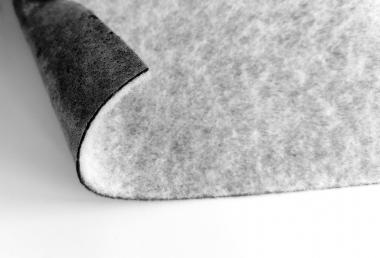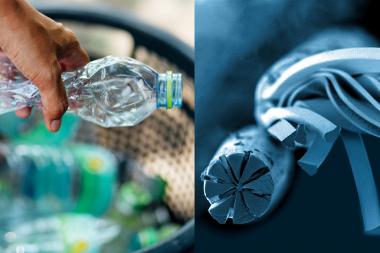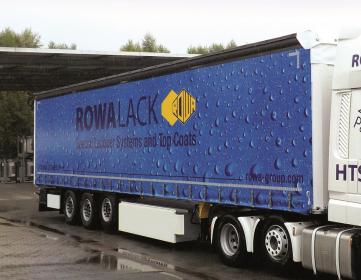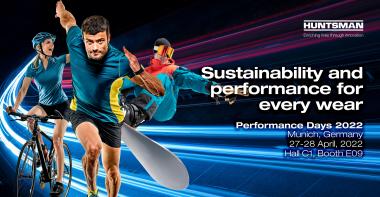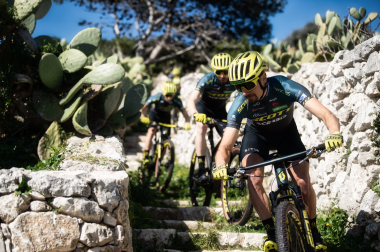RadiciGroup at Phygital Sustainability Expo in Rome
- Commitment for a sustainable fashion industry
RadiciGroup participated in the third edition of PHYGITAL SUSTAINABILITY EXPO, which took place on 11 and 12 July in Rome. The event was focused on the ecological transition of fashion and design brands through technological innovation.
During the “narrated fashion show”, at the archaeological site of the Museo Dei Fori Imperiali, two sustainable garments by RadiciGroup were shown: the first completely recyclable ski suit made with recycled nylon and the Yamamay swimsuit made with polyester yarn obtained from recycling of plastic bottles.
Yamamay chose the sustainable polyester yarn Repetable® by RadiciGroup, for its new green beachwear proposal, with the aim of combining beauty and sustainability. Repetable is an innovative polyester yarn obtained through a process of recycling plastic bottles. Compared to virgin polyester, Repetable allows lower CO2 emissions (-45%), lower water consumption (-90%) and lower energy consumption (-60%), while guaranteeing high performance. The new line “Edit” by Yamamay, which includes the swimsuit made with Repetable, has already been on the market since the end of last May.
The participation of RadiciGroup in the PHYGITAL SUSTAINABILITY EXPO represents further confirmation of the Group commitment to creating a fashion industry that is increasingly respectful of the environment, thanks to the involvement of all the players in the supply chain, which are most sensitive to sustainability.
RadiciGroup





















